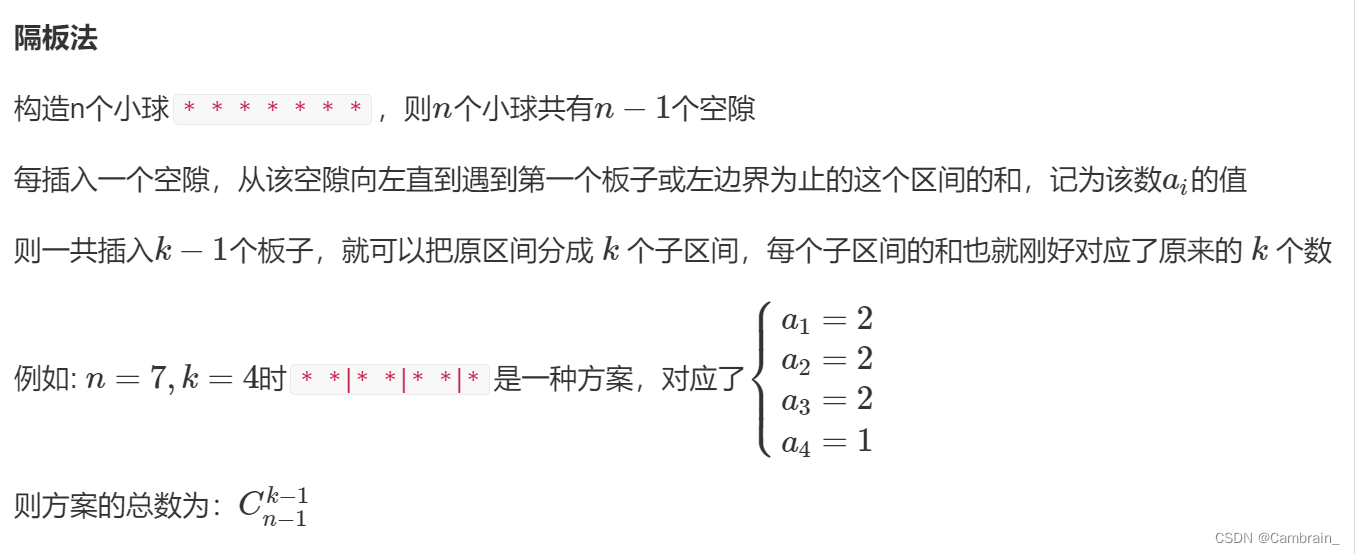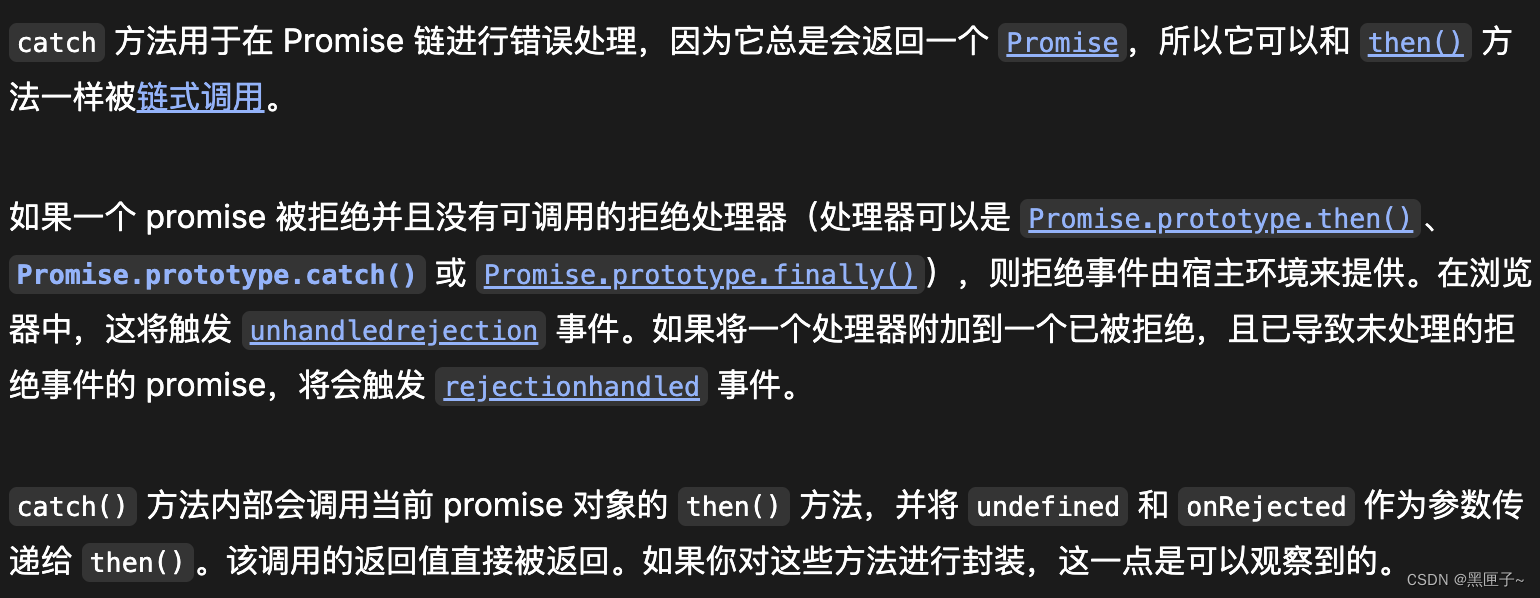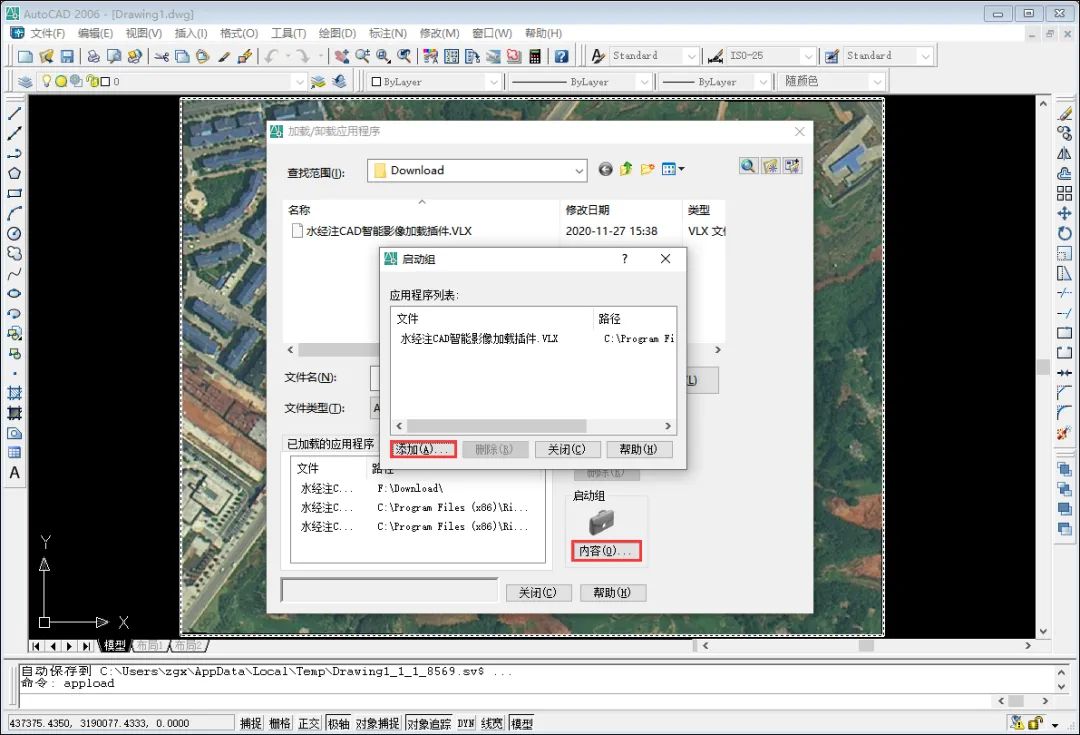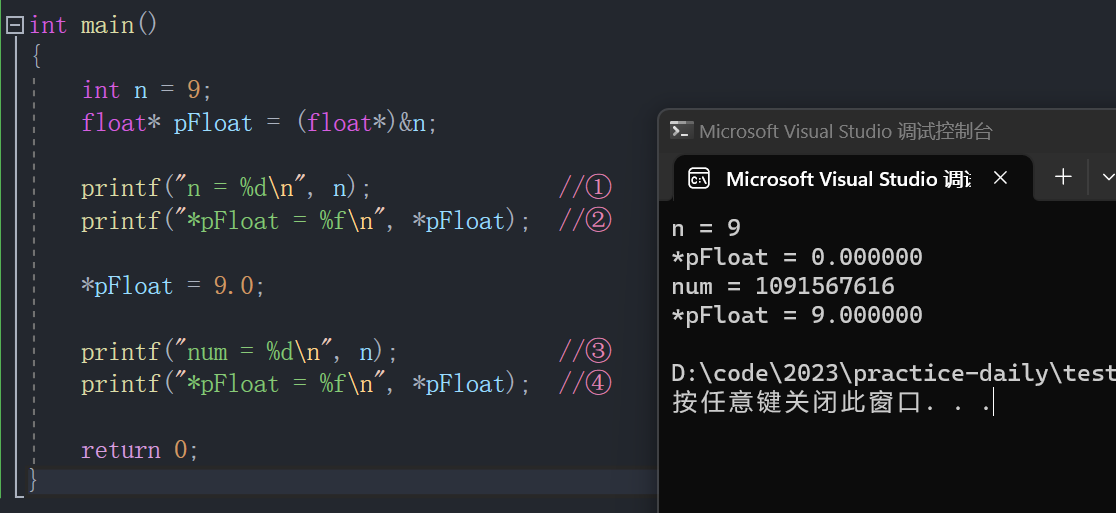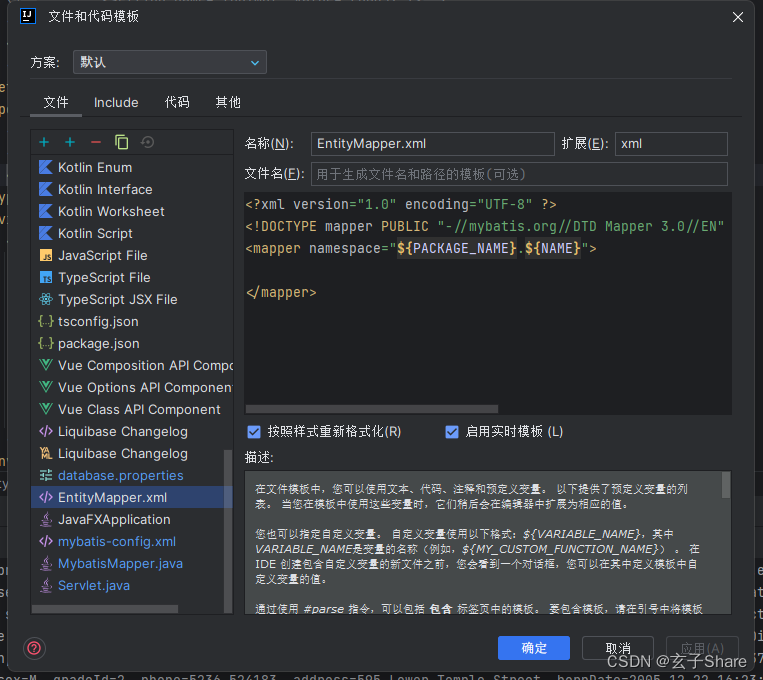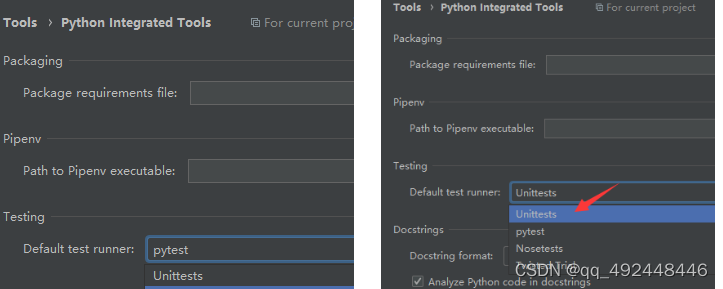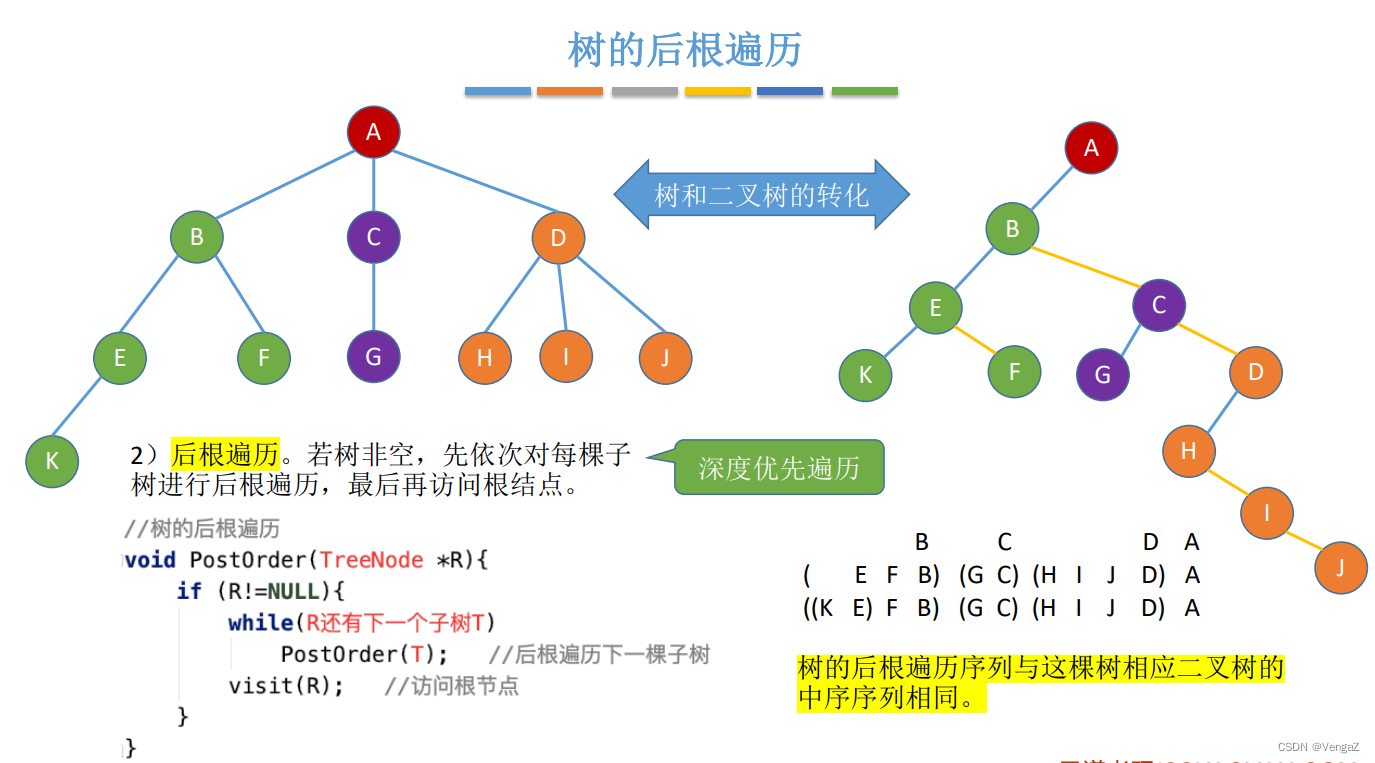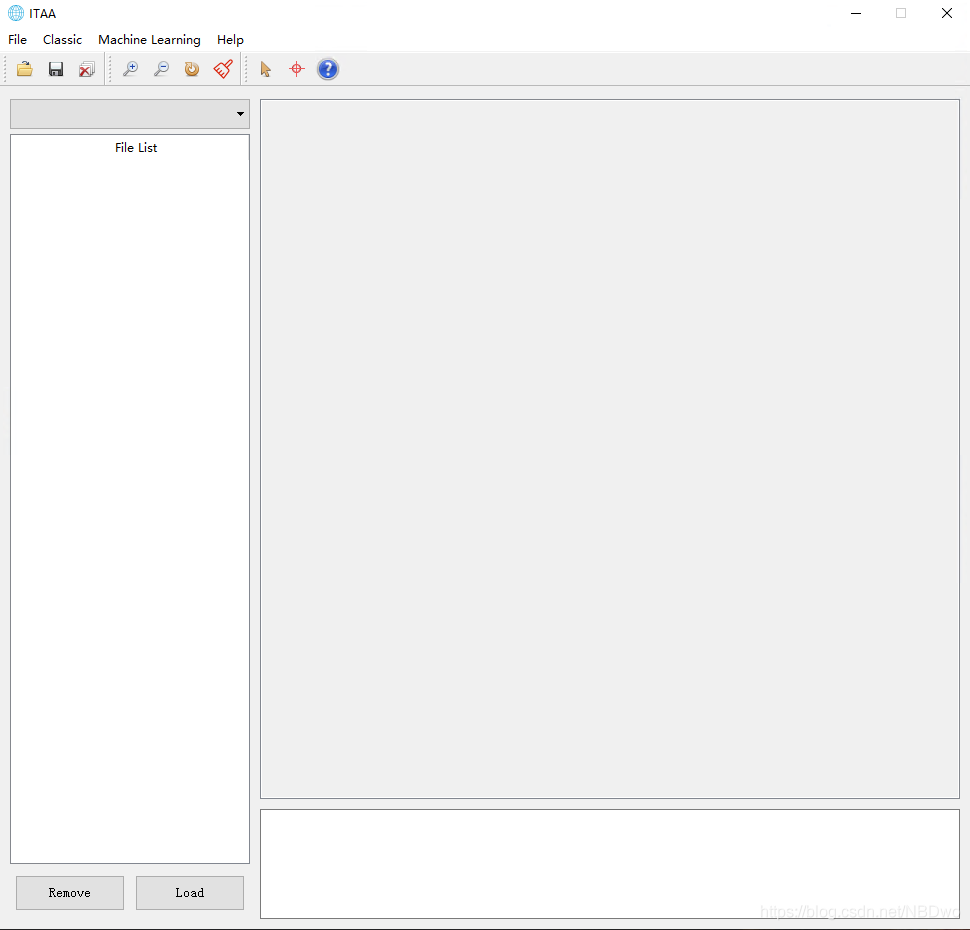

目录
🌞专栏导读
🌛定义string类
🌛构造函数
🌛拷贝构造函数
🌛赋值函数
🌛析构函数
🌛[]操作符重载
🌛c_str、size、capacity函数
🌛比较运算符重载
🌛resize与reserve函数
🌛push_back、append函数
🌛insert函数
🌛erase函数
🌛find函数
🌛swap函数
🌛clean函数
🌛迭代器
🌛>> 与 << 重载
🌞专栏导读
🌟作者简介:日出等日落,在读本科生一枚,致力于 C/C++、Linux 学习。
🌟本文收录于 C++系列,本专栏主要内容为 C++ 初阶、C++ 进阶、STL 详解等,持续更新!
🌟相关专栏推荐:C语言系列 、Linux系列 、数据结构与算法
本章我们将模拟实现string类,但不一定非要与库中完全相同。我们将其中重要的、常用的接口进行模拟实现,旨在加深string类的学习与记忆。
🌛定义string类
为了区别于标准库中的string,这里使用自己的命名空间,在自己的命名空间模拟实现string
string类包含这三个基本成员:
char* _str字符数组;size_t _size有效字符大小;size_t _capacity容量;
此外还需声明一个static成员npos,npos为将来实现的某些成员函数的缺省值,值位-1;
namespace yxb
{
class string
{
public:
private:
char* _str;
size_t _capacity;
size_t _size;
//类中声明
static const size_t npos;
};
//类外定义
const size_t string::npos = -1;
}🌛构造函数
//构造函数
string(const char* str = "") //使用缺省值
:_size(strlen(str))
{
_capacity = _size == 0 ? 3 : _size; //_capacity初始值不能为0
_str = new char[_capacity + 1]; //为'\0'预留位置
strcpy(_str, str);
}
注意
_capacity的值不能初始化为0,因为扩容时可能出现0*n=0的情况。
🌛拷贝构造函数
拷贝构造虽然编译器会自动实现,但是自动实现的拷贝构造为浅拷贝,对于string类中,成员变量会申请资源的情况,浅拷贝是行不通的,所以需要我们自己实现。
//拷贝构造s3(s2)
string(const string& s)
:_size(s._size)
,_capacity(s._capacity)
{
_str = new char[s._capacity + 1];
strcpy(_str, s._str);
}🌛赋值函数
//s1 = s3 s1 = s1
string& operator=(const string& s)
{
if (this != &s)
{
char* tmp = new char[s._capacity + 1];
strcpy(tmp,s._str);
delete[] _str;
_str = tmp;
_size = s._size;
_capacity = s._capacity;
}
return *this;
}🌛析构函数
~string()
{
delete[] _str;
_str = nullptr;
_capacity = _size = 0;
}🌛[]操作符重载
注意应对const对象与非const对象须实现不同的重载函数。
char& operator[](size_t pos)
{
assert(pos < _size);
return _str[pos];
}
const char& operator[](size_t pos)const
{
assert(pos < _size);
return _str[pos];
}🌛c_str、size、capacity函数
c_str:返回C风格的字符串。size:返回_size;capacity:返回_capacity;
const char* c_str()
{
return _str;
}
size_t size() const
{
return _size;
}
size_t capacity() const
{
return _capacity;
}
🌛比较运算符重载
//比较运算符重载
bool operator>(const string& s) const
{
return strcmp(_str, s._str) > 0;
}
bool operator==(const string& s) const
{
return strcmp(_str, s._str) == 0;
}
bool operator>=(const string& s) const
{
return *this > s && *this == s;
}
bool operator<(const string& s) const
{
return !(*this >= s);
}
bool operator<=(const string& s) const
{
return !(*this > s);
}
bool operator!=(const string& s) const
{
return !(*this == s);
}
🌛resize与reserve函数
resize:扩容并初始化;reserve:只扩容;
//扩容
void reverse(size_t n)
{
if (n > _capacity)
{
char* tmp = new char[n + 1];
strcpy(tmp, _str);
delete[] _str;
_str = tmp;
_capacity = n;
}
}
//扩容+初始化
void resize(size_t n, char ch = '\0')
{
if (n <= _size)
{
//删除数据,保留前n个
_size = n;
_str[_size] = '\0';
}
else
{
if (n > _capacity)
{
reverse(n);
}
size_t i = _size;
while (i < n)
{
_str[i++] = ch;
}
_size = n;
_str[_size] = '\0';
}
}🌛push_back、append函数
push_back:尾插一个字符;append:尾插一个字符串;+=:尾插一个字符或字符串;
void push_back(char ch)
{
if (_size + 1 > _capacity)
{
reverse(_capacity * 2);
}
_str[_size] = ch;
_size++;
_str[_size] = '\0';
}
void append(const char* str)
{
size_t len = strlen(str);
if (_size + len > _capacity)
{
reverse(_size + len);
}
strcpy(_str + _size, str);
_size += len;
}
string& operator+=(char ch)
{
push_back(ch);
return *this;
}
string& operator+=(const char* str)
{
append(str);
return *this;
}🌛insert函数
insert:在pos位置插入一个字符或字符串;
void insert(size_t pos, char ch)
{
assert(pos <= _size);
if (_size + 1 > _capacity)
{
reverse(2 * _capacity);
}
size_t end = _size + 1;
while (pos < end)
{
_str[end] = _str[end - 1];
end--;
}
_str[pos] = ch;
_size++;
}
void insert(size_t pos, const char* str)
{
assert(pos <= _size);
size_t len = strlen(str);
if (_size + len > _capacity)
{
reverse(_size + len);
}
//挪动数据
size_t end = _size + len;
while ( end > pos +len-1 )
{
_str[end] = _str[end-len];
end--;
}
//拷贝插入
strncpy(_str + pos, str, len);
_size += len;
}
🌛erase函数
erase:删除pos位置向后的n个字符;
void erase(size_t pos, size_t len = npos)
{
if (len == npos || pos + len >= _size)
{
_str[pos] = '\0';
_size = pos;
}
//0123456789
else
{
strcpy(_str + pos, _str + pos + len);
_size -= pos;
}
}🌛find函数
find:从pos位置开始向后查找指定字符或字符串,并返回起始位置的下标。
size_t find(char ch, size_t pos = npos)
{
assert(pos < _size);
for (size_t i = pos; i < _size; ++i)
{
if (_str[i] == ch)
{
return i;
}
}
return npos;
}
size_t find(const char* str, size_t pos = npos)
{
assert(pos < _size);
char* p = strstr(_str, str);
if (p == nullptr)
{
return npos;
}
else
{
return p - str;
}
}
🌛swap函数
void swap(string& s)
{
std::swap(_str, s._str);
std::swap(_size, s._size);
std::swap(_capacity, s._capacity);
}
🌛clean函数
clean:清理数据;
void clean()
{
_str[0] = '\0';
_size = 0;
}
🌛迭代器
//迭代器
typedef char* iterator;
typedef const char* const_iterator;
iterator begin()
{
return _str;
}
iterator end()
{
return _str + _size;
}
const_iterator begin() const
{
return _str;
}
const_iterator end()const
{
return _str + _size;
}
🌛>> 与 << 重载
注意这两个函数须定义在类外。
ostream& operator<<(ostream& out, const string& str)
{
for (auto ch : str)
{
out << ch;
}
return out;
}
istream& operator>>(istream& in, string& str)
{
str.clean();
char ch = in.get();
char buff[128]; //避免因频繁扩容导致效率过低
size_t i = 0;
while (ch != ' ' && ch != '\n')
{
buff[i++] = ch;
if (i == 127)
{
buff[127] = '\0';
str += buff;
i = 0;
}
ch = in.get();
}
if (i != 0)
{
buff[i] = '\0';
str += buff;
}
return in;
}
🌛完整代码
#pragma once
#include<assert.h>
namespace yxb
{
class string
{
public:
typedef char* iterator;
typedef const char* const_iterator;
iterator begin()
{
return _str;
}
iterator end()
{
return _str + _size;
}
const_iterator begin()const
{
return _str;
}
const_iterator end()const
{
return _str + _size;
}
/*string()
:_str(new char[1])
, _size(0)
,_capacity(0)
{
_str[0] = '\0';
}*/
string(const char* str = "")
:_size(strlen(str))
{
_capacity = _size == 0 ? 3 : _size;
_str = new char[_capacity + 1];
strcpy(_str, str);
}
//拷贝构造s3(s2)
string(const string& s)
:_size(s._size)
,_capacity(s._capacity)
{
_str = new char[s._capacity + 1];
strcpy(_str, s._str);
}
//s1 = s3 s1 = s1
string& operator=(const string& s)
{
if (this != &s)
{
char* tmp = new char[s._capacity + 1];
strcpy(tmp,s._str);
delete[] _str;
_str = tmp;
_size = s._size;
_capacity = s._capacity;
}
return *this;
}
~string()
{
delete[] _str;
_str = nullptr;
_capacity = _size = 0;
}
const char* c_str()
{
return _str;
}
char& operator[](size_t pos)
{
assert(pos < _size);
return _str[pos];
}
const char& operator[](size_t pos)const
{
assert(pos < _size);
return _str[pos];
}
size_t size()const
{
return _size;
}
size_t capacity()const
{
return _capacity;
}
bool operator>(const string& s)const
{
return strcmp(_str, s._str) > 0;
}
bool operator==(const string& s)const
{
return strcmp(_str, s._str) == 0;
}
bool operator>=(const string& s)const
{
return (*this == s || *this > s);
}
bool operator<(const string& s)const
{
return !(*this >= s);
}
bool operator<=(const string& s)const
{
return !(*this > s);
}
bool operator!=(const string& s)const
{
return !(*this == s);
}
//扩容
void reverse(size_t n)
{
if (n > _capacity)
{
char* tmp = new char[n + 1];
strcpy(tmp, _str);
delete[] _str;
_str = tmp;
_capacity = n;
}
}
//扩容+初始化
void resize(size_t n, char ch = '\0')
{
if (n <= _size)
{
//删除数据,保留前n个
_size = n;
_str[_size] = '\0';
}
else
{
if (n > _capacity)
{
reverse(n);
}
size_t i = _size;
while (i < n)
{
_str[i++] = ch;
}
_size = n;
_str[_size] = '\0';
}
}
void push_back(char ch)
{
if (_size + 1 > _capacity)
{
reverse(_capacity * 2);
}
_str[_size] = ch;
_size++;
_str[_size] = '\0';
}
void append(const char* str)
{
size_t len = strlen(str);
if (_size + len > _capacity)
{
reverse(_size + len);
}
strcpy(_str + _size, str);
_size += len;
}
string& operator+=(char ch)
{
push_back(ch);
return *this;
}
string& operator+=(const char* str)
{
append(str);
return *this;
}
void insert(size_t pos, char ch)
{
assert(pos <= _size);
if (_size + 1 > _capacity)
{
reverse(2 * _capacity);
}
size_t end = _size + 1;
while (pos < end)
{
_str[end] = _str[end - 1];
end--;
}
_str[pos] = ch;
_size++;
}
void insert(size_t pos, const char* str)
{
assert(pos <= _size);
size_t len = strlen(str);
if (_size + len > _capacity)
{
reverse(_size + len);
}
//挪动数据
size_t end = _size + len;
while ( end > pos +len-1 )
{
_str[end] = _str[end-len];
end--;
}
//拷贝插入
strncpy(_str + pos, str, len);
_size += len;
}
void erase(size_t pos, size_t len = npos)
{
if (len == npos || pos + len >= _size)
{
_str[pos] = '\0';
_size = pos;
}
//0123456789
else
{
strcpy(_str + pos, _str + pos + len);
_size -= pos;
}
}
size_t find(char ch, size_t pos = npos)
{
assert(pos < _size);
for (size_t i = pos; i < _size; ++i)
{
if (_str[i] == ch)
{
return i;
}
}
return npos;
}
size_t find(const char* str, size_t pos = npos)
{
assert(pos < _size);
char* p = strstr(_str, str);
if (p == nullptr)
{
return npos;
}
else
{
return p - str;
}
}
void swap(string& s)
{
std::swap(_str, s._str);
std::swap(_size, s._size);
std::swap(_capacity, s._capacity);
}
void clean()
{
_str[0] = '\0';
_size = 0;
}
private:
char* _str;
size_t _capacity;
size_t _size;
static const size_t npos;
};
const size_t string::npos = -1;
ostream& operator<<(ostream& out, const string& str)
{
for (auto ch : str)
{
out << ch;
}
return out;
}
istream& operator>>(istream& in, string& str)
{
str.clean();
char ch = in.get();
char buff[128]; //避免因频繁扩容导致效率过低
size_t i = 0;
while (ch != ' ' && ch != '\n')
{
buff[i++] = ch;
if (i == 127)
{
buff[127] = '\0';
str += buff;
i = 0;
}
ch = in.get();
}
if (i != 0)
{
buff[i] = '\0';
str += buff;
}
return in;
}
void test_string1()
{
string s1;
string s2("hello world");
cout << s1.c_str() << endl;
cout << s2.c_str() << endl;
s2[0]++;
cout << s2.c_str() << endl;
}
void test_string2()
{
string s1;
string s2("hello world");
cout << s1.c_str() << endl;
cout << s2.c_str() << endl;
s1 = s2;
cout << s1.c_str() << endl;
cout << s2.c_str() << endl;
}
void test_string3()
{
string s1;
string s2("hello world");
cout << s1.c_str() << endl;
cout << s2.c_str() << endl;
string::iterator it = s2.begin();
while (it != s2.end())
{
cout << *it << endl;
++it;
}
}
void test_string4()
{
string s1;
string s2("hello world");
string s3("hello");
cout << s1.c_str() << endl;
cout << s2.c_str() << endl;
cout << (s3 >= s2) << endl;
}
void test_string5()
{
string s1;
string s2("hello world");
s2.append("yyyyyy");
cout << s2.c_str() << endl;
}
void test_string6()
{
string s1("hhh ");
cout << s1.c_str() << endl;
s1.resize(10, 'x');
cout << s1.c_str() << endl;
s1.resize(100, 'y');
cout << s1.c_str() << endl;
}
void test_string7()
{
string s1("123456789");
cout << s1.c_str() << endl;
s1.insert(2, "wwww");
cout << s1.c_str() << endl;
s1.insert(0, "ss");
cout << s1.c_str() << endl;
}
void test_string8()
{
string s1("123456789");
cout << s1.c_str() << endl;
s1.erase(4, 2);
cout << s1.c_str() << endl;
}
void test_string9()
{
string s1;
cin >> s1;
cout << s1 << endl;
}
}






